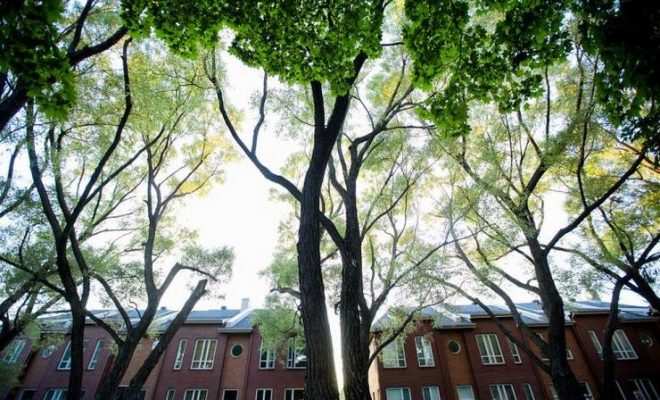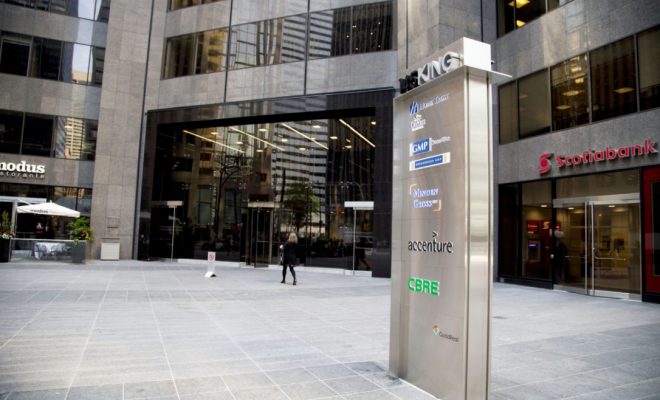Why Montreal Real Estate is a Good Long-Term Choice

More than 15,000 residential transactions on the Island of Montreal were registered during 2015, an increase of nine percent over the previous year. The rest of Greater Montreal saw smaller, though still significant, increases in sales: three percent in Laval, five percent on the North Shore and six percent on the South Shore. Clearly, Montreal’s real estate market is healthy. Why not take advantage of this trend?
Growth of the Montreal market
“Since last fall, there has been a noticeable jump,” says Paul Cardinal, director of analysis for Québec Federation of Real Estate Boards (QFREB). “Overall, prices have not increased much, but without a doubt sales have increased.”
The numbers for the last 20 to 25 years are even more impressive. Since the end of the 1990s, the Montreal market has experienced consistently strong growth. According to QFREB, the price of homes in Montreal has increased by an average of six percent per year since 2000. Only three years recorded price fall since then; the largest drop was only four percent. In eight of the last 15 years, though, the average price increased by more than 10 percent.
“We see that prices on the Island of Montreal tend to rise first, with those in the suburbs following the next year,” explains Paul Cardinal.
Comparing Canada’s urban markets
“Montreal is Canada’s most affordable big city and one of the most affordable in North America,” says Paul Cardinal.
According to the QFREB executive, Montreal real estate benefits from the city’s diversified economy. Since Montreal’s economy doesn’t depend on a single industry or resource, like gas, it is much less affected by the ups and downs of individual sectors. This helps explain the almost continual growth in Montreal property values during the last 35 years. In Toronto, housing prices rose by an average of seven percent per year since 2000. While this is a full point higher than in Montreal, Toronto also experienced three years of declines greater than five percent. Vancouver and Calgary experienced similar trends.
“In Montreal, we don’t get the yo-yo phenomenon in housing prices that you see in Canada’s other big cities,” observes Paul Cardinal.
Growth in Montreal property values reflects a solid, dependable market. “There is certainly no real estate bubble in Montreal,” says Paul Cardinal.
Of course, the most important factor in any real estate investment—over both the short and long terms—is how well the home meets the buyer’s needs. Montreal’s real estate offering is immense and diverse: from an industrial loft in a converted warehouse downtown to a charming rural house by the river. The statistics indicate across-the-board growth in value for all neighbourhoods and all property types.








